The future of fragrance art in Germany

What was once reserved only for connoisseurs is now unfolding a new chapter in olfactory culture: Niche fragrances are booming – and profoundly changing the German fragrance landscape. The demand for hand-picked compositions is an expression of a deeper cultural shift: individuality is becoming olfactory.
Market development: From insider tip to movement
Over the past ten years, the niche fragrance market in Germany has experienced steady and profound growth. What was once considered a segment for connoisseurs and enthusiasts is now a force in its own right within the fragrance industry – fueled by a generation that sees perfume not just as an accessory, but as a means of expression.
Generation Z, in particular, is discovering the world of fragrance in entirely new, creative ways via platforms like TikTok, Instagram, and YouTube. Short fragrance reviews, aesthetically staged "Get Ready With Me" videos, and viral hashtags like #PerfumeTok or #FragranceOfTheDay are making perfume a cultural topic of conversation again—especially in the context of identity formation, mood, and aesthetic self-presentation.
For many young people, fragrance is becoming a conscious form of expression. They are specifically seeking compositions with strong character that reflect their attitude and don't simply follow the mainstream. Choosing a perfume has long since become more than an olfactory decision – it's become a positioning statement: for individuality, for authenticity, for a new understanding of luxury based not on logos but on the depth of a bouquet. The niche is no longer an insider tip – it has become a movement.
This development is part of a global trend: the international market for luxury and niche fragrances is growing continuously. Forecasts predict that the global fragrance market will grow by approximately 5% annually until 2032—a clear sign of the dramatic changes in fragrance culture.
Industry reaction: From prestige projects to strategic expansion
Established perfume companies have long since responded to the niche fragrance boom – with new lines, targeted brand acquisitions, and a visible shift toward the art of fragrance. What was once considered an experimental sub-segment is now being strategically integrated to tap into new target groups and help shape the transformation in fragrance culture.
The Estée Lauder Companies positioned themselves early on and built their own portfolio of prestigious niche brands: Le Labo (2014), Editions de Parfums Frédéric Malle (2015), By Kilian (2016), and finally Tom Ford Beauty (2023). With this quartet, the group covers a wide range of olfactory expressions – from urban avant-garde to iconic glamour.
In 2016, L'Oréal invested in Atelier Cologne , a brand positioned between niche and luxury with modern freshness and citrus compositions – until the brand was discontinued in 2022, a sign of how demanding the market has become.
Puig , the Spanish luxury group, secured a majority stake in Byredo in 2022 – one of the style-defining labels of the last 15 years, known for its minimalist aesthetics, gender freedom and creative collaborations.
Kering , traditionally strong in fashion and leather goods, announced its ambitions in the fragrance sector in 2023 with the founding of Kering Beauté – and underlined them directly with the acquisition of the traditional house Creed , which has stood for aristocratic elegance and fragrance legends such as Aventus since 1760.
Interparfums , license partner of numerous brands, took over the French house Rochas in 2015 in order to also get involved in the more creative segment.
In addition, international corporations secured other brands such as Maison Francis Kurkdjian (with LVMH since 2017), Penhaligon’s and L'Artisan Parfumeur (both owned by Puig), as well as Aesop – an originally Australian cosmetics label with avant-garde fragrances that was fully acquired by L'Oréal in 2023.

These acquisitions clearly demonstrate that the industry is investing specifically in creative fragrance brands to serve authenticity, artistry, and a new understanding of luxury. The focus is less on the mass market and more on the prestige and cultural relevance associated with these brands. Niche fragrances are no longer a marginal phenomenon—they have become a strategic core.
scent amor: fragrance culture with attitude
Amidst this development, scent amor is a voice with a strong attitude. Curated by Georg R. Wuchsa , who has explored the world of special fragrances for over three decades, scent amor sees itself as a platform for perfumery art – beyond commercialization and fast-paced lifestyles.
This is about composition, inspiration, and olfactory storytelling. The selection isn't based on an algorithm, but rather on a sense of true craftsmanship. Every fragrance is part of a story – and scent amor tells it.
Those who find what they are looking for here will not only find a perfume, but a sensual experience – deep, authentic, stylish.
Where is the journey going? A look ahead
The signs point to continued growth. Demand for unique, handcrafted fragrance profiles will continue to grow. The industry will respond with further acquisitions, creative collaborations, and innovative fragrance lines. Sustainability, ingredient transparency, and digital distribution channels will play a central role.
But one thing is equally clear: it is not the corporations that preserve the soul of the art of fragrance.
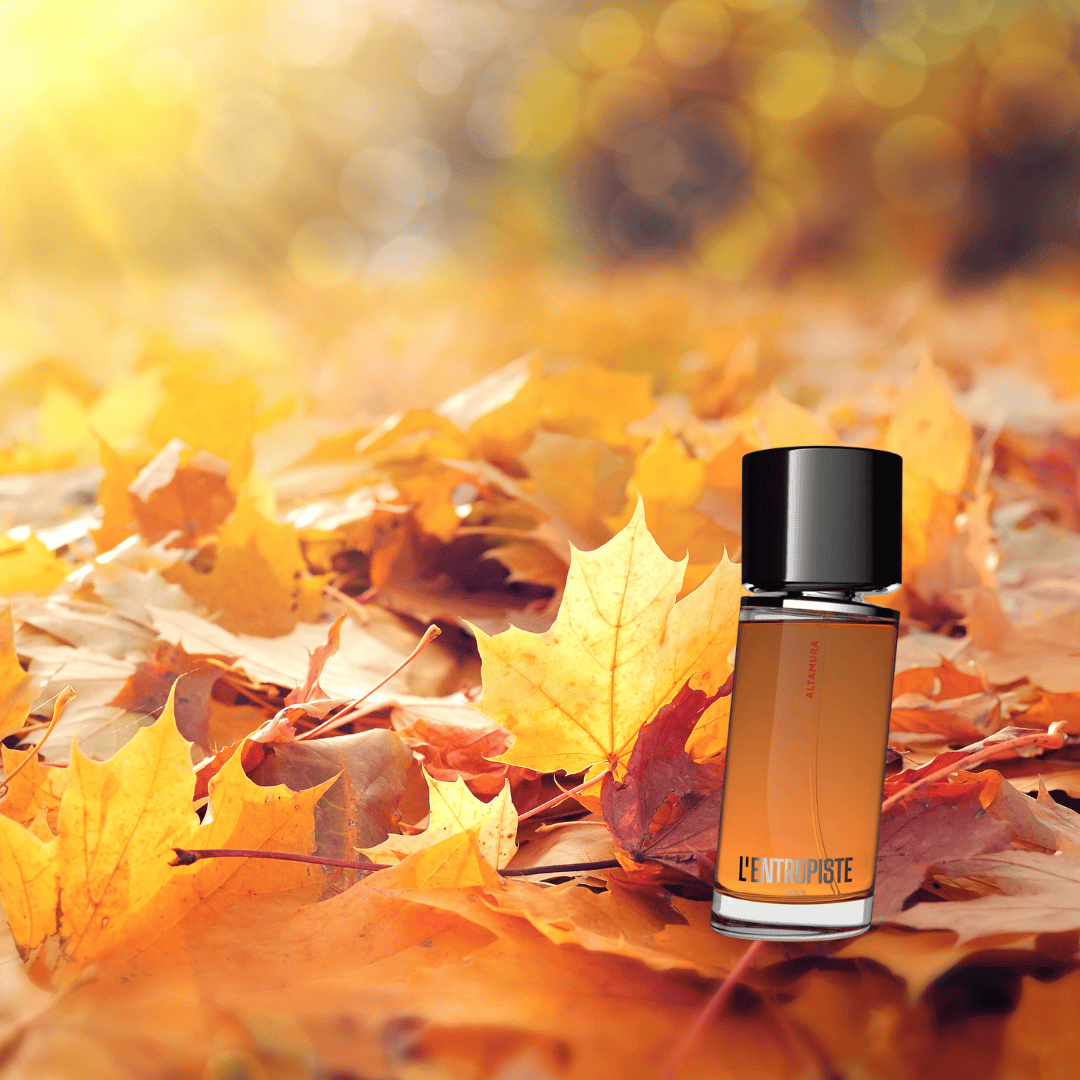
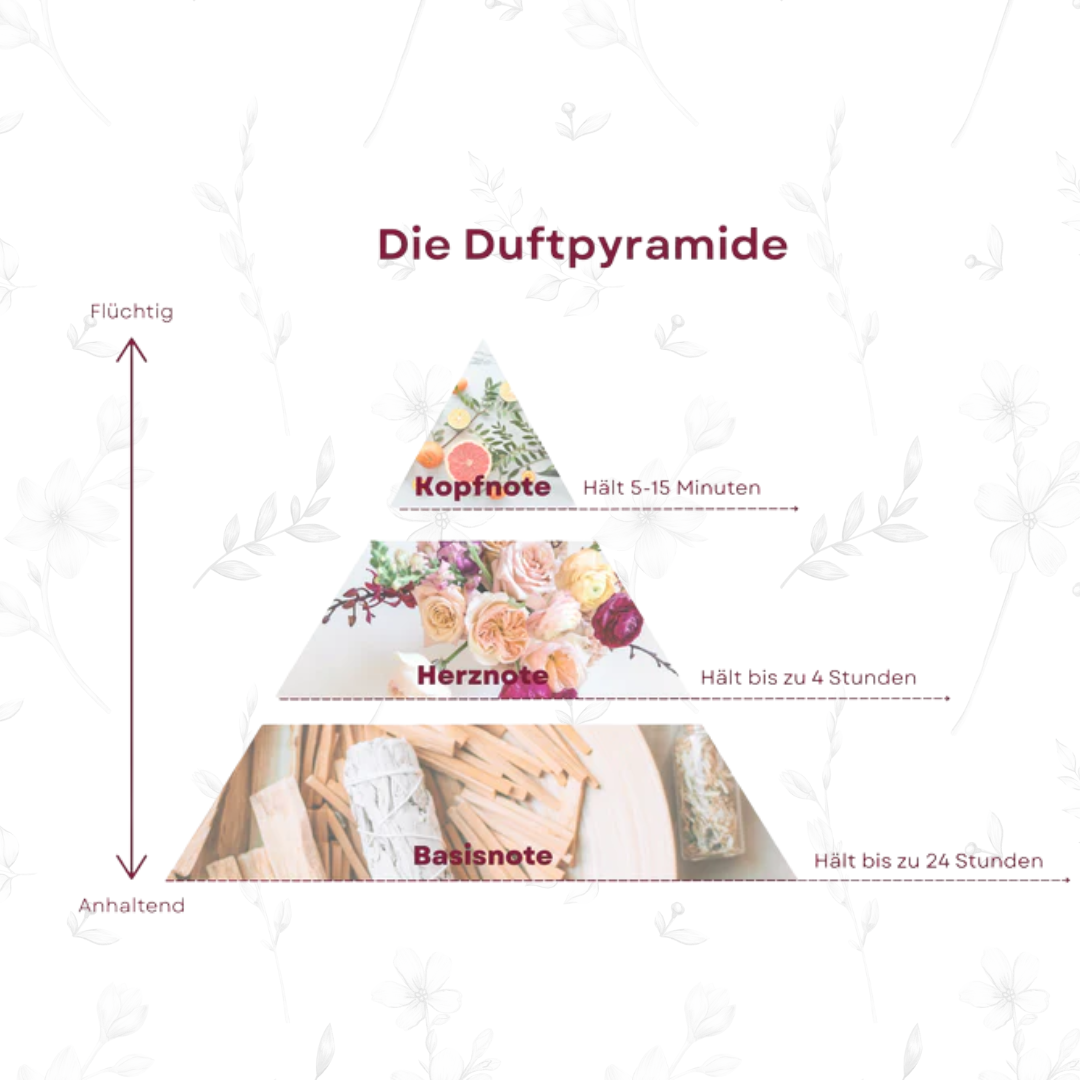
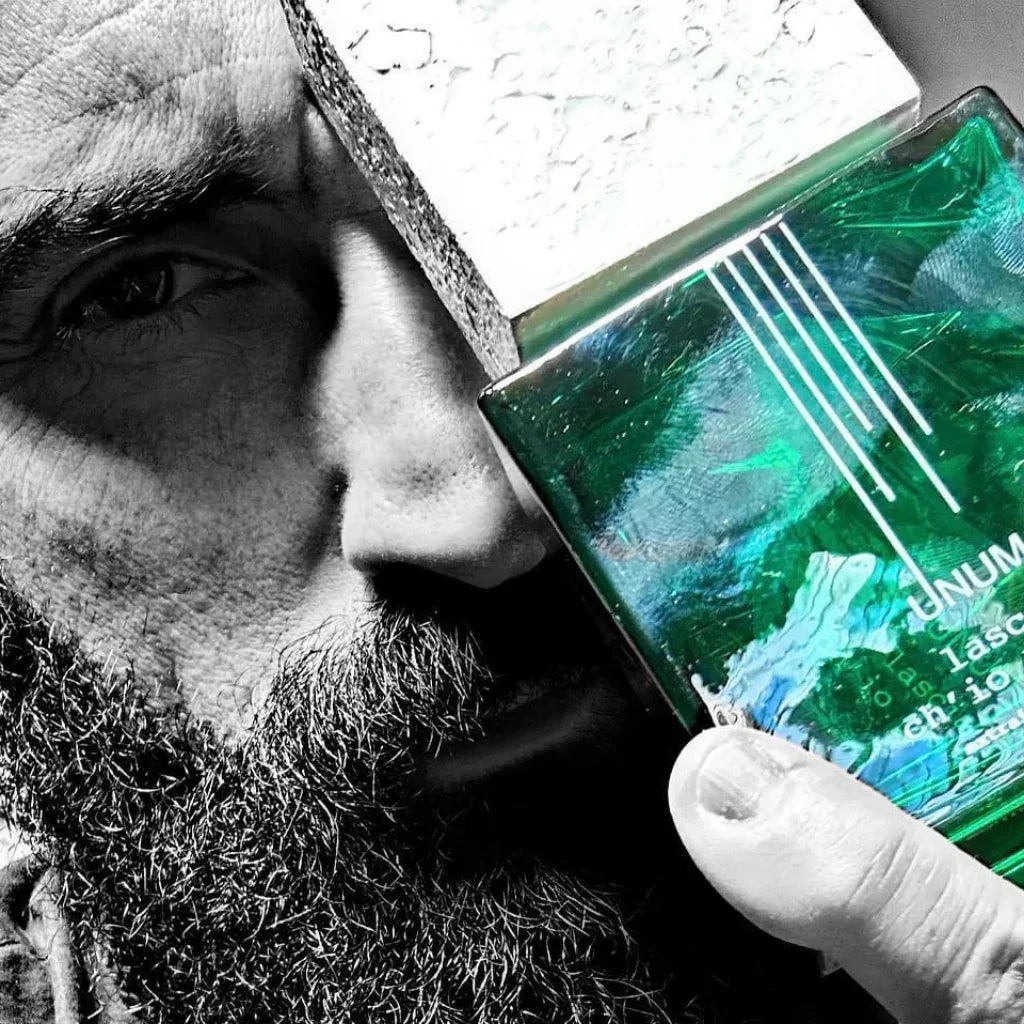
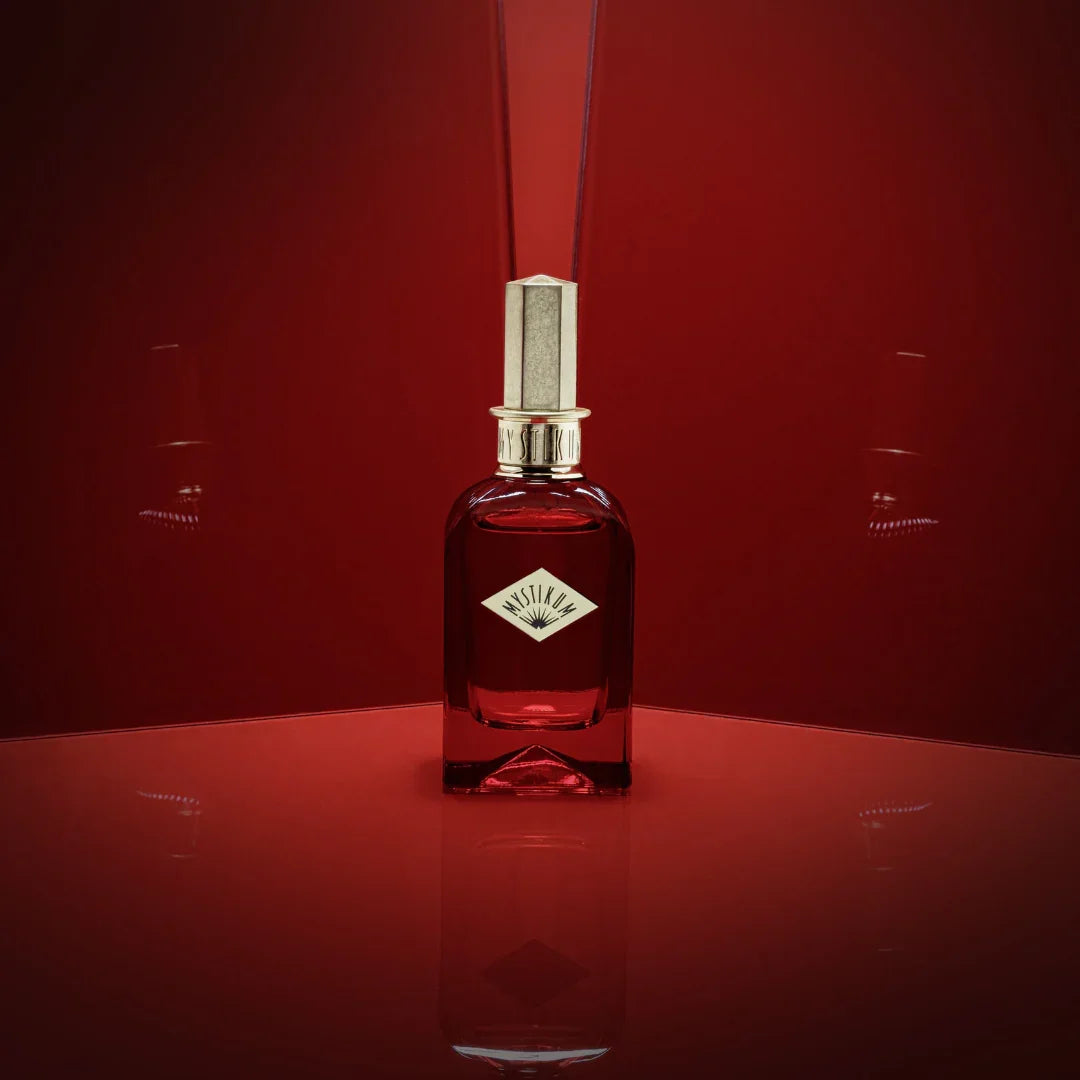
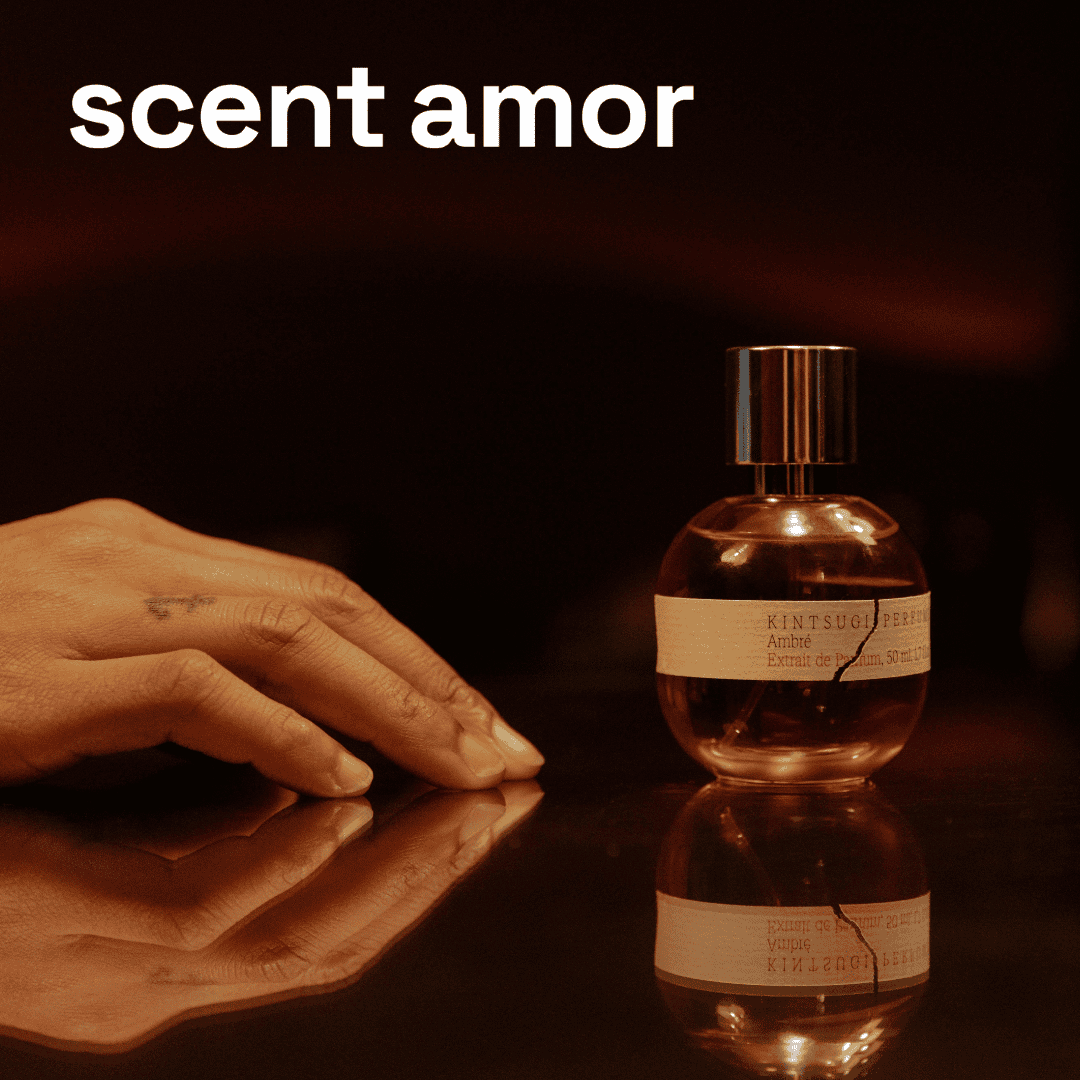
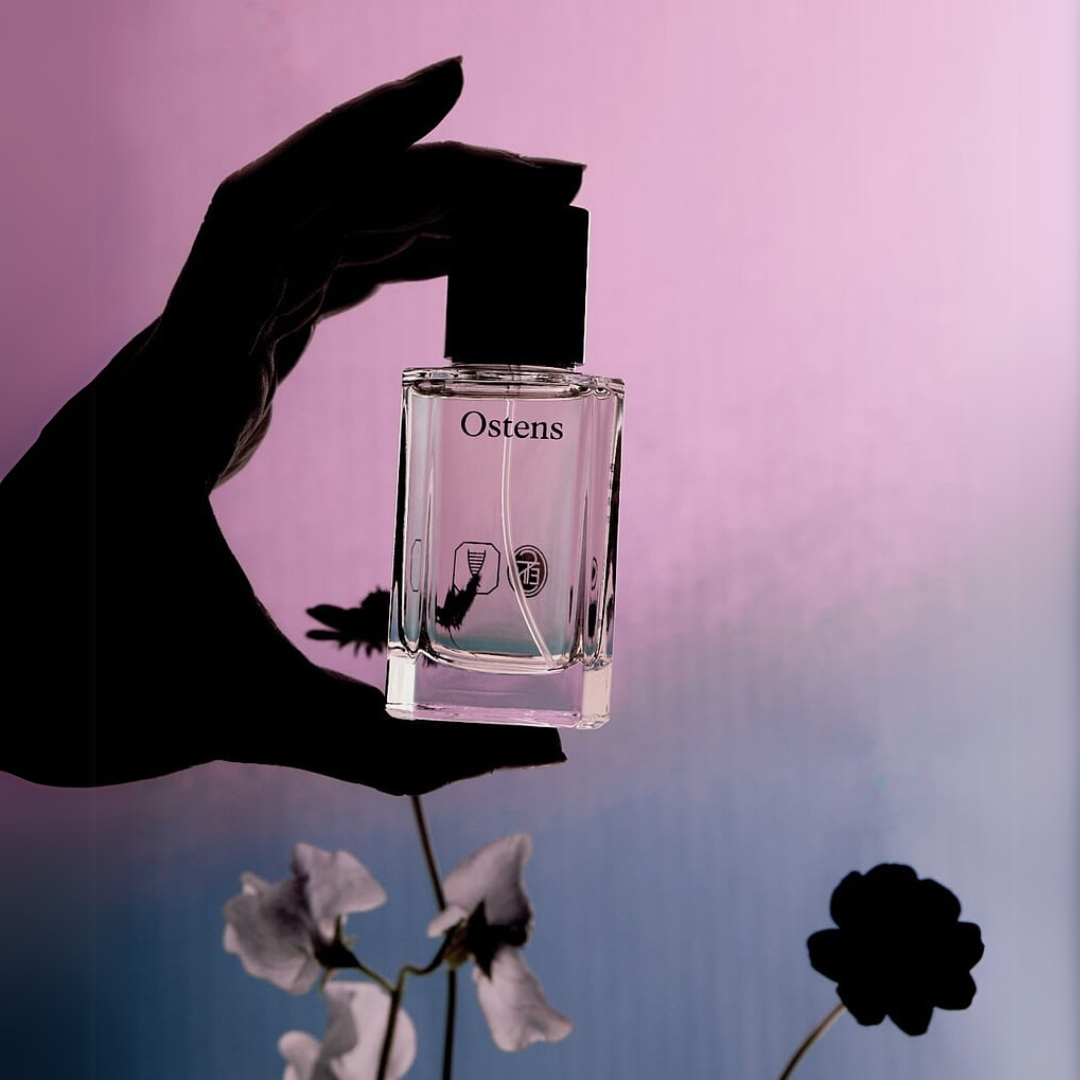
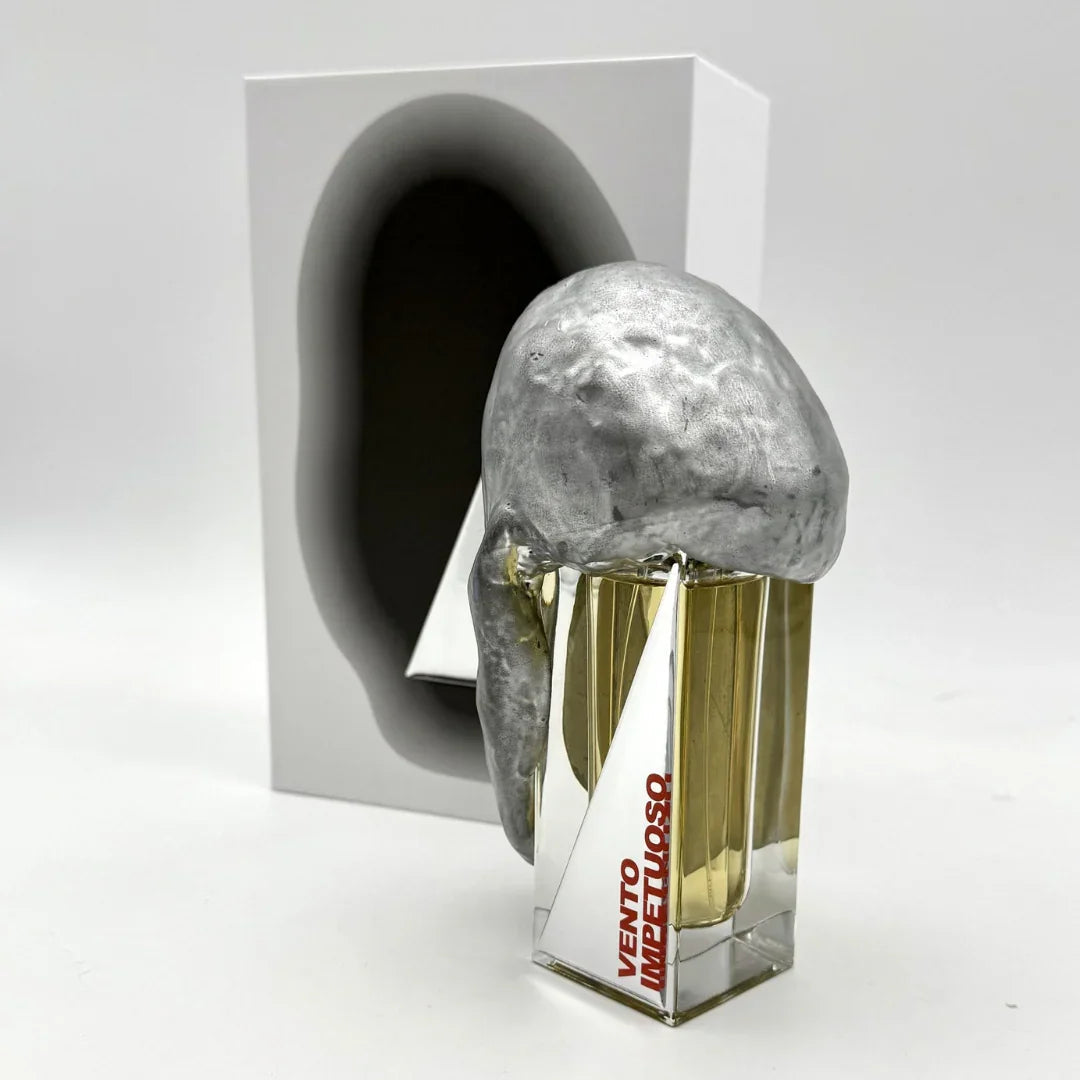

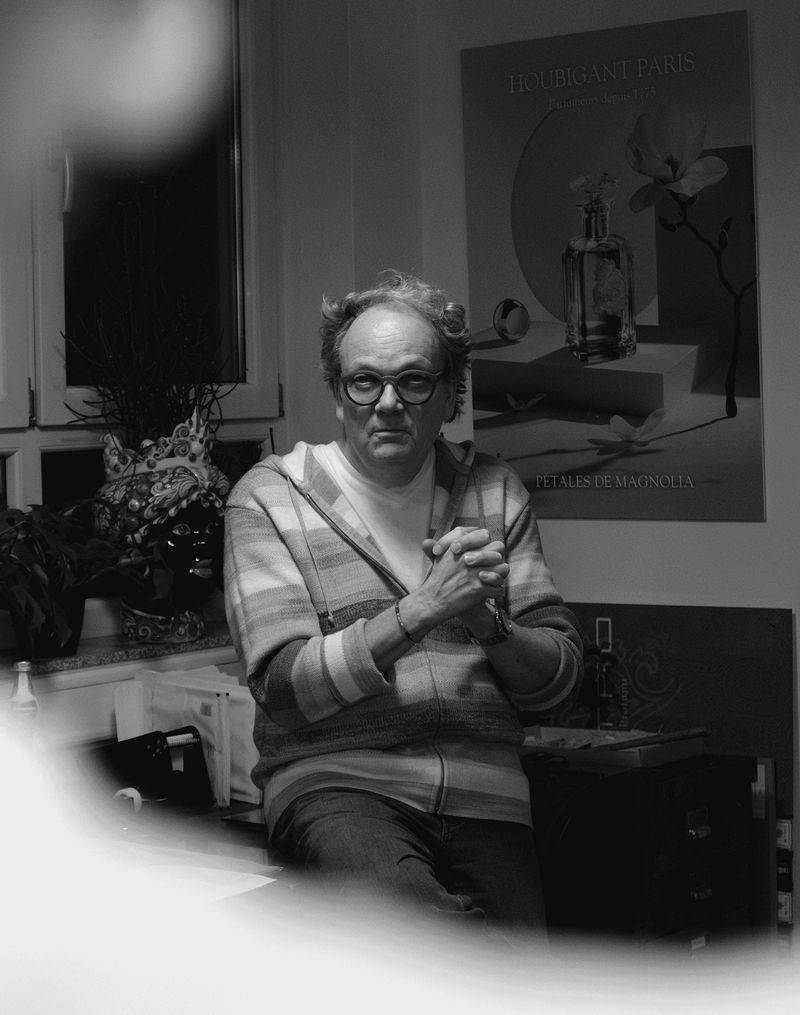
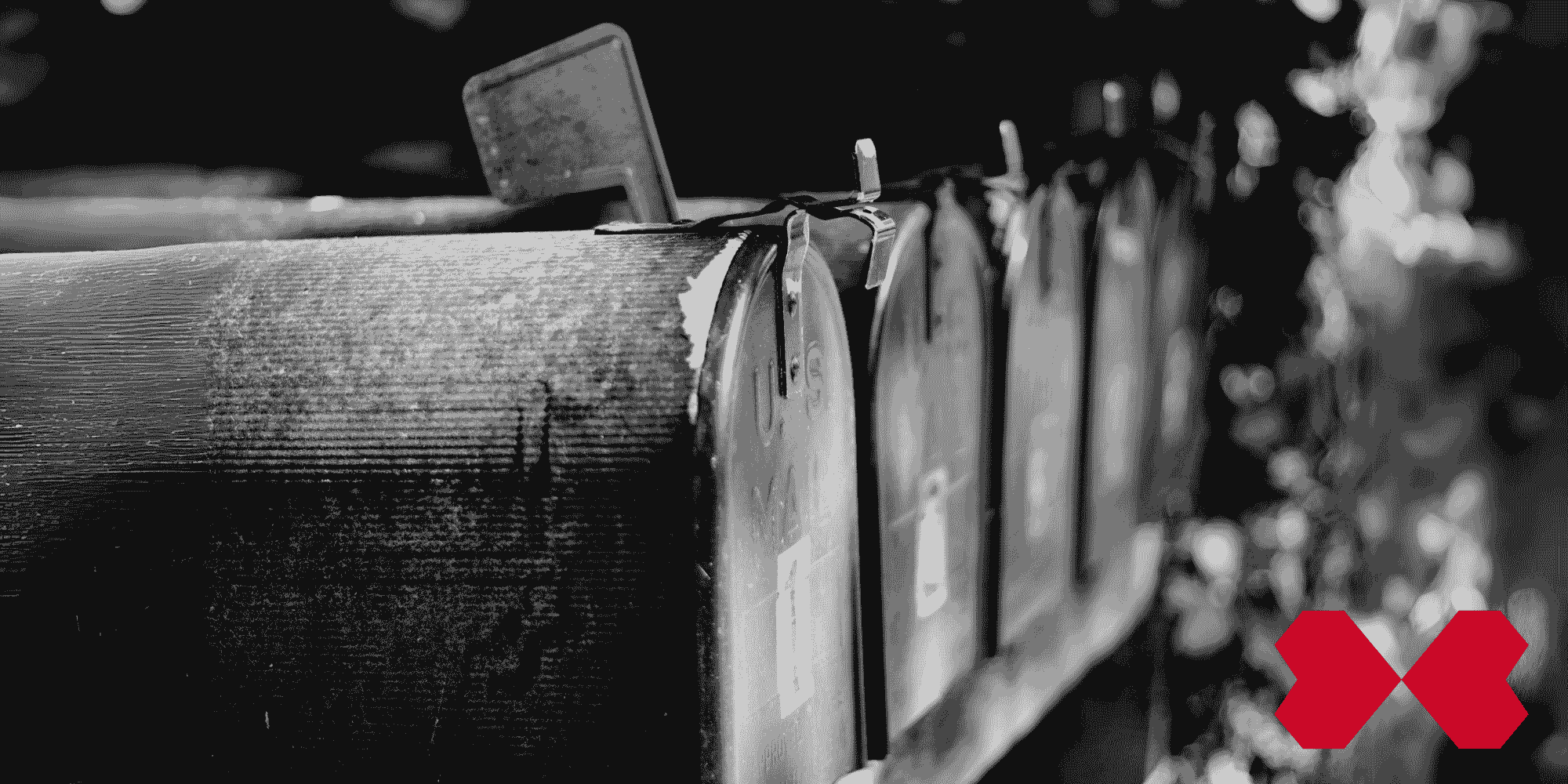
Leave a comment
All comments are moderated before being published.